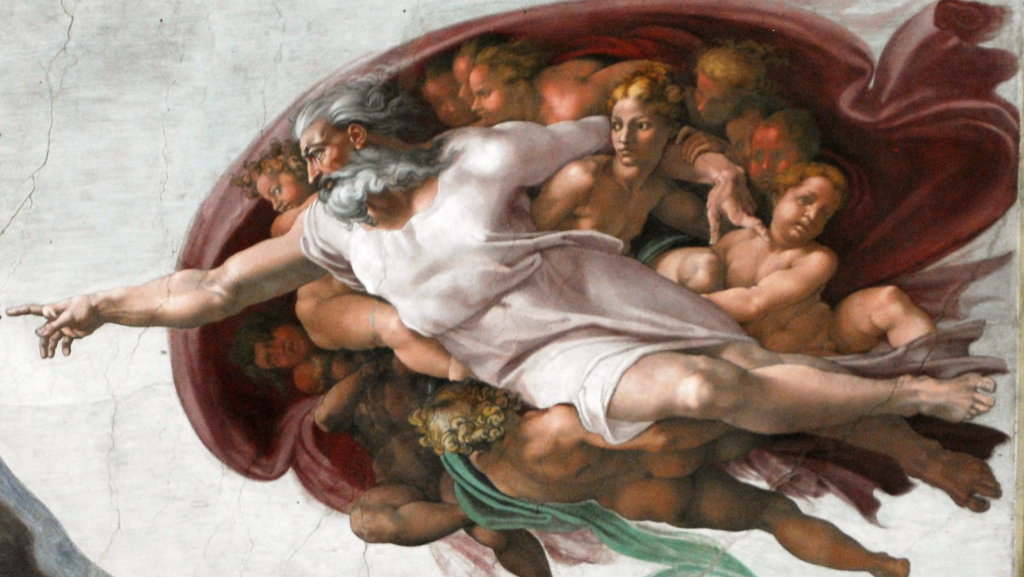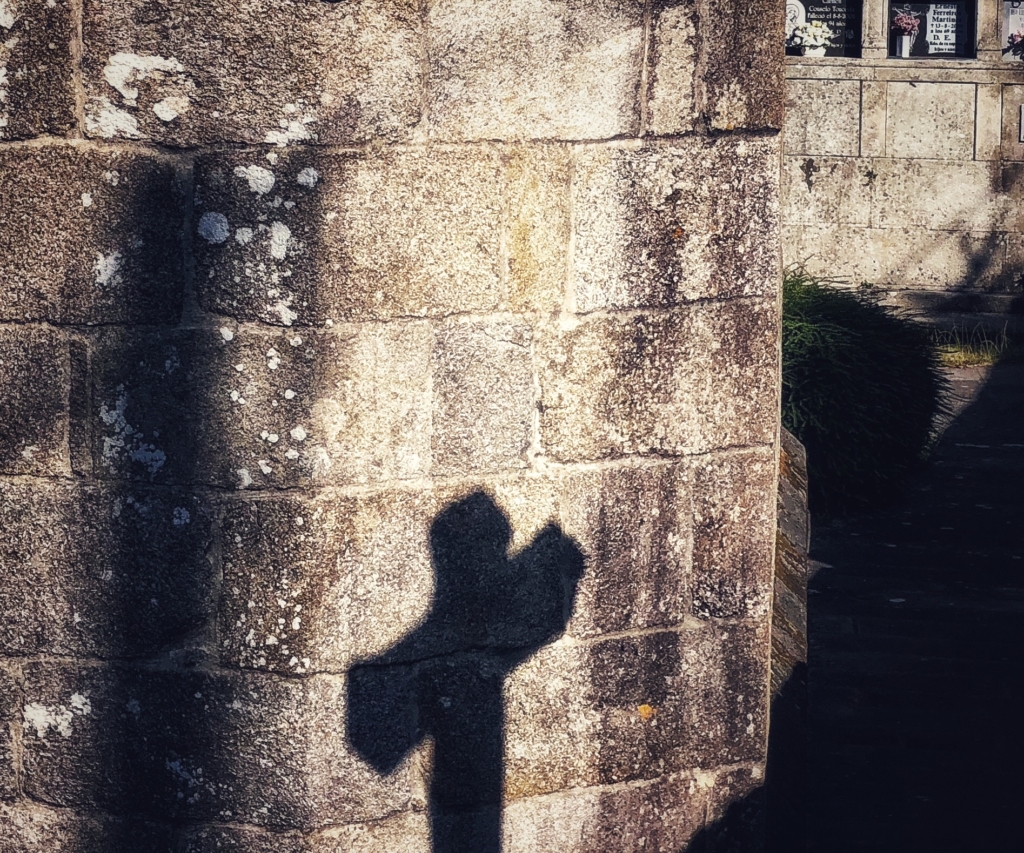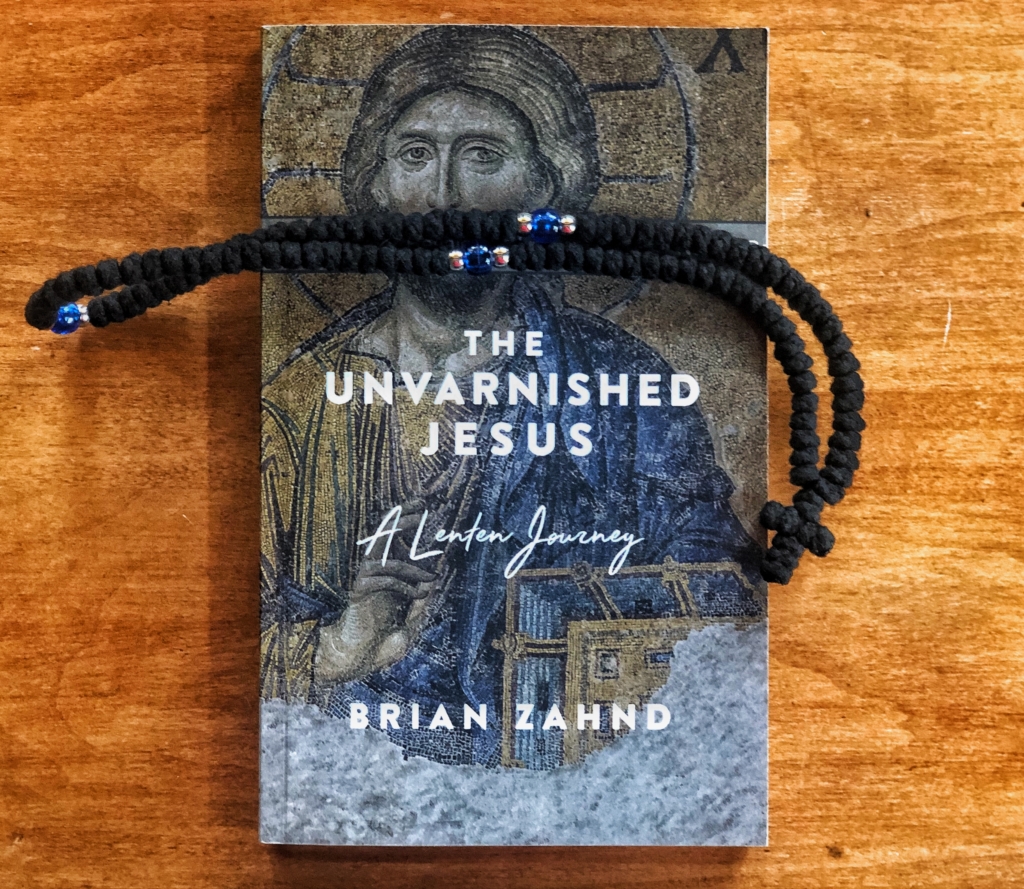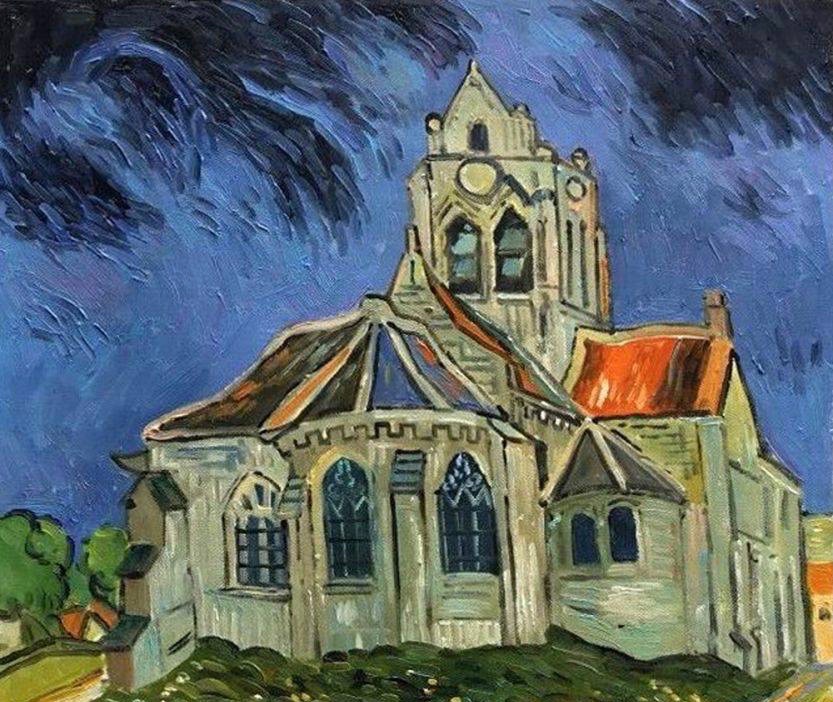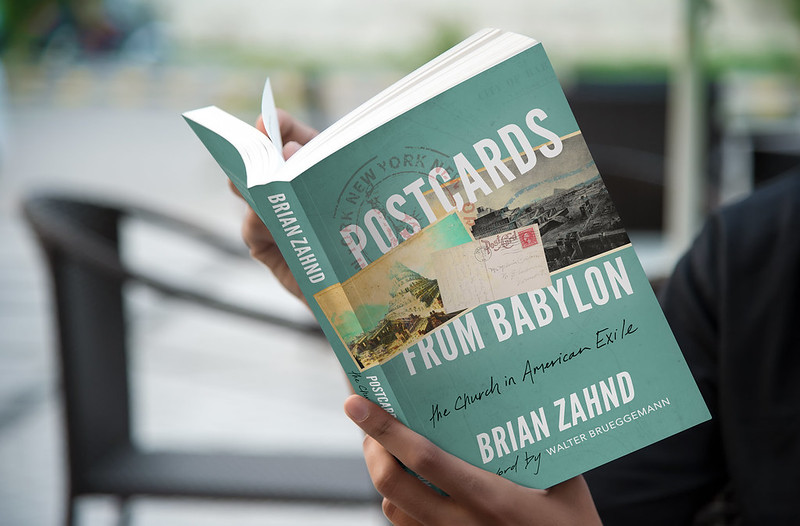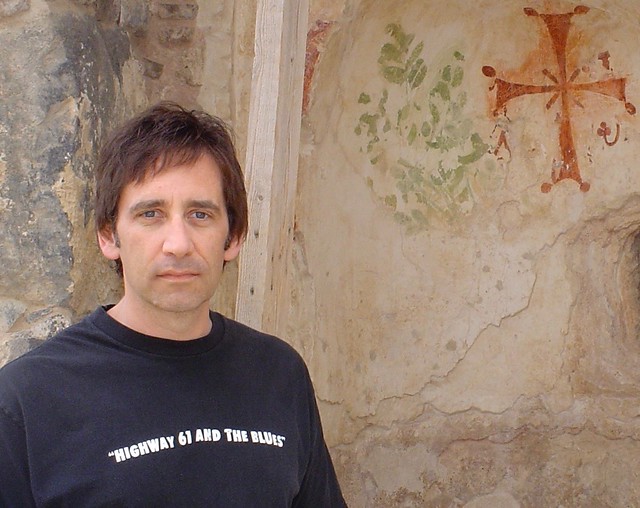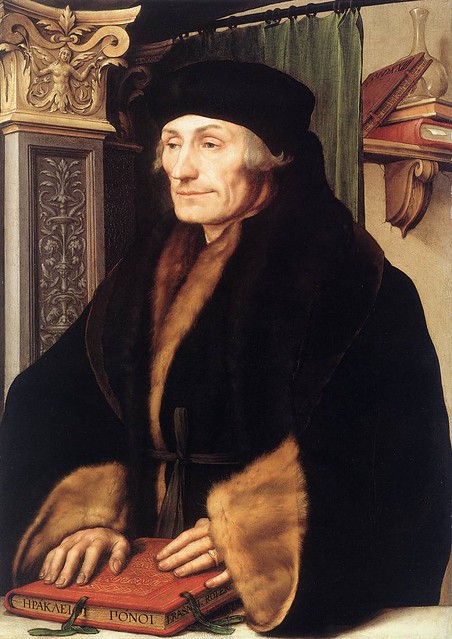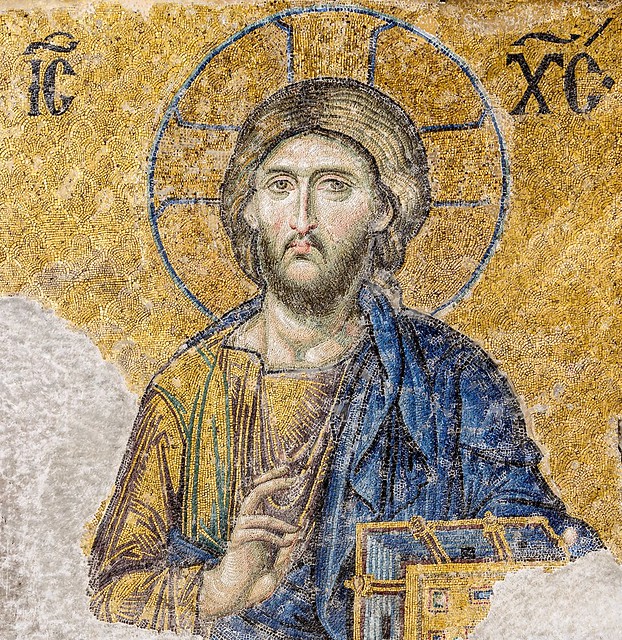
Christianity vs. Biblicism
Brian Zahnd
(This is my foreword to Keith Giles’ excellent new book, Jesus Unbound.)
As modern Christians we are children of a broken home. Five centuries ago the Western church went through a bitter divorce that divided European Christians and their heirs into estranged Catholic and Protestant families. The reality that the Renaissance church was in desperate need of reformation doesn’t change the fact that along with a reformation there also came an ugly split that divided the church’s children between a Catholic mother and a Protestant father. In the divorce settlement (to push the metaphor a bit further) Catholic Mom got a long history, a rich tradition, and a unified church, but all Protestant Dad got was the Bible. Without history, tradition, or a magisterium, the Bible had to be everything for Protestant Dad — and Protestants have made the most of it. For five hundred years Protestant scholars and theologians have led the way in biblical translation, scholarship, and interpretation, giving the Christian world such notables as Martin Luther, John Calvin, Jacob Arminius, John Wesley, Karl Barth, C.S. Lewis, Dietrich Bonhoeffer, T.F. Torrance, Walter Brueggemann, Stanley Hauerwas, Fleming Rutledge, Richard Hays, N.T. Wright, to name a few.
But with Sola Scriptura as a defiant battle cry there always lurked the temptation to place more weight on the Bible than it could bear, or worse yet, a temptation to deify the Bible and make an idol out of it. This has become increasingly true among the more fundamentalist clergy and congregations who are suspicious of higher education and unwilling to read their Bibles with the help of biblical scholars the caliber of Brueggemann, Hays, and Wright. So while pretending to “take the Bible as it is,” the fundamentalist reads the Bible through thick lenses of cultural, linguistic, political, and theological assumptions — interpretive lenses they are unaware of wearing.
Read more
